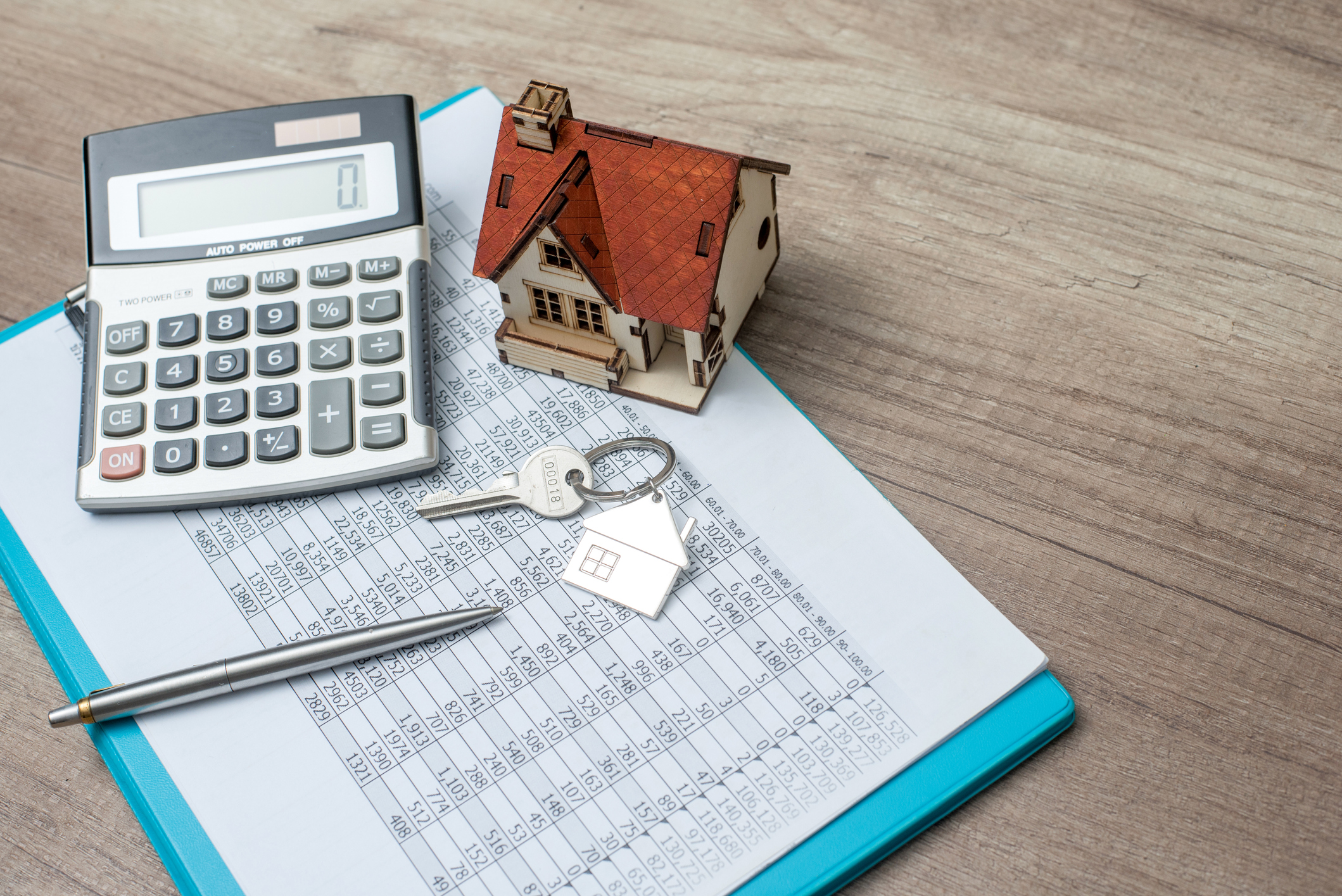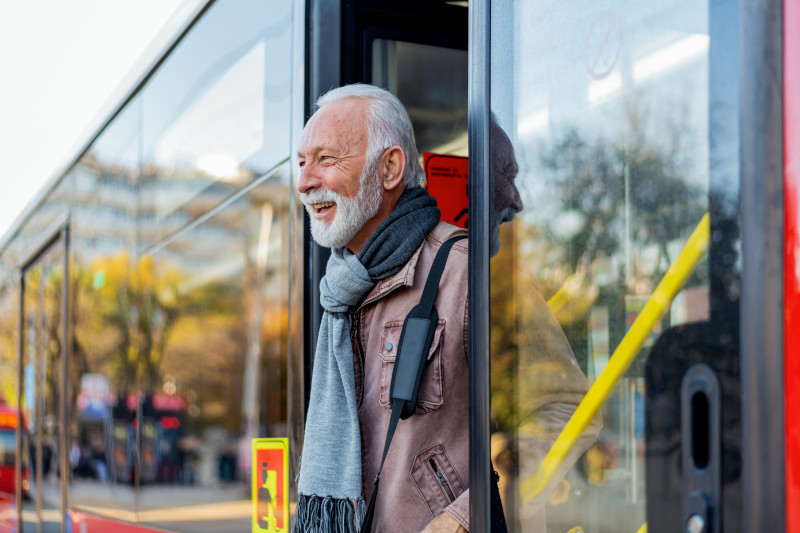AARP Hearing Center
It seems like we were just at the Capitol for our Lobby Day in January and now, already, the 2025 South Dakota Legislative Session has come to a close.
Over the course of 38 working legislative days, lawmakers considered 269 House Bills (HB), 24 House Commemorations, 21 House Resolutions, 220 Senate Bills (SB), 20 Senate Commemorations and 17 Senate Resolutions.
Voting Access: Senate Bill 188 and House Bill 1103
AARP South Dakota worked to successfully defeat SB188 and HB1103.
SB188 would have restricted absentee voting to 15 days before an election and narrowed the parameters within which voters could utilize absentee voting. HB1103 would have changed the voter registration deadline from 15 days to 30 days before an election.

Changing the voter registration deadline and restricting absentee voting would have significantly decreased voter participation. AARP South Dakota opposed both bills because they would have added unnecessary barriers for older adults registering to vote and participating in elections.
Defeating SB188 and HB1103 are wins for South Dakota voters and our election process.
Physician Assistants and Access to Care: House Bill 1071
With AARP South Dakota’s support, HB1071 passed through the legislature during this session, and the Governor signed it into law.
HB 1071 allows Physician Assistants, a proven and trusted member of the South Dakota health care system, to work to their full potential which means increased access to high-quality care for South Dakotans.

AARP South Dakota has a long history of supporting South Dakota’s family caregivers who help make it possible for their parents, spouses, friends and other loved ones to live independently at home where they want to be.
Patients across South Dakota should have access to care in a variety of settings, including hospitals, medical offices, community clinics and at home. Physician Assistants are a vital resource in this endeavor and help care for older South Dakotans living in their homes and communities while keeping them out of nursing homes.
Property Tax Reform: Senate Bill 216
With AARP South Dakota’s support, SB216 passed through the legislature, and the Governor signed it into law.

AARP South Dakota supported the bill because it broadens participation in the state’s low-income senior assessment freeze program by increasing the income limit to $55,000 for single taxpayers and $65,000 for multi-member households (current limits are $40,000 single and $52,000 multi).
It also increases the assessed value limit for program participation to $500,000 from the current $345,000. AARP South Dakota supported this plan because we believe it is targeted to those South Dakotans with the most need, while helping to ensure local governments have the revenue they need to provide essential services.
As the property tax debate continues, AARP South Dakota hopes our legislature will keep in mind that protecting the home as an asset is essential to financial security for South Dakotans who want to be able to age in their own homes.
Low-Income Elderly Tax Credit: Senate Bill 44
With AARP South Dakota's support, SB44 passed through the legislature, and the Governor signed it into law. This bill provides $425,000 toward property and sales tax refunds to low-income seniors.
Property taxes are the single most burdensome tax for low-income and older homeowners. Many of our state's elderly citizens have lived in their homes for generations. As their property values have appreciated, so have their property taxes. Furthermore, seniors often live on fixed incomes and cannot afford the yearly increases in their property taxes while also meeting their basic needs for food, medicine, and utilities.
Medicaid Expansion: House Joint Resolution 5001
AARP South Dakota opposed HJR 5001, which will ask voters to allow the legislature to end Medicaid expansion if the Federal/State funding partnership goes below the 90%/10% ratio. Unfortunately, HJR 5001 passed through the legislature and will be on the November 2026 ballot.

AARP South Dakota has been fighting to preserve Medicaid expansion since voters overwhelmingly approved it in November 2022 by passing Amendment D. In 2023, 2024 and now 2025, the legislature has brought legislation related to Medicaid expansion which goes against the will of the voters. The legislature had 10 years (2013-2022) to implement Medicaid expansion but didn’t act and now claim they are “clarifying the will of the voters.” The reality is the legislature is changing Medicaid expansion that voters approved and are defying the will of the voters.
Under HJR 5001, if the federal funding match goes to 89% the legislature will have the ability to undo Medicaid expansion. If this happens, tens of thousands of low-income, hard-working South Dakotans will lose health insurance. As we know, access to healthcare keeps our residents healthier and in the workforce longer.
AARP South Dakota will continue to advocate that our lawmakers honor the will of the people, and we will continue to oppose HJR 5001 so that we can protect South Dakotans’ access to health coverage.
Public Transit: Senate Bill 195
AARP South Dakota supported SB 195, which would have appropriated funds for grants to support public transit. The Senate Transportation Committee passed SB 195 to the Joint Committee on Appropriations on a 5-1 vote but, unfortunately, the Joint Committee on Appropriations defeated the bill on a 13-0 vote.

Despite the setback, AARP South Dakota expects this issue to be brought forward again in the 2026 legislative session. AARP South Dakota has a long history of advocating for public transit in the state because public transit offers increased independence, reduced isolation, access to essential services, is cost-effective and convenient for non-drivers. Public transit helps older adults remain in their homes and communities longer, reducing the need for more expensive or institutional care options.
Family Caregivers: House Bill 1098
AARP South Dakota supported HB 1098 which would have funded a one-time appropriations pilot investment in needed respite services for South Dakota family caregivers of people living with Alzheimer’s or related dementia. The bill passed out of the House Health and Human Services Committee on a 12-0 and was referred to the Joint Committee on Appropriations (JCA) where it was, unfortunately, defeated.

While the bill did not advance in the legislature, AARP South Dakota’s efforts yielded positive improvements in the respite care program. As a result of our advocacy, the South Dakota Department of Human Services has agreed to:
- Move the “soft cap” on the amount of resources a caregiver can receive from the respite care program from $5,000 to $10,000, depending on the caregiver’s needs.
- Evaluate their internal processes at Dakota at Home to ensure the respite care program is made available to caregivers who contact Dakota at Home for assistance.
- Collect data about the respite care program so we have information about the caregivers using the program for planning purposes associated with the state Alzheimer’s plan.
State Budget: Senate Bill 220
The Fiscal Year (FY) 2026 budget, which was presented as Senate Bill 220, came in at $7.3 billion. The Governor has signed this bill into law.
As the 2025 session wrapped up, lawmakers approved this budget, which is about $5 million less than the budget they adopted last year. The budget includes $3.1 billion in federal funding and the equivalent of 14,095 full-time employees.

The “big three” – education, state employee pay and health care providers who treat Medicaid patients — received 1.25% funding increases, consistent with the original budget proposal from December. Lawmakers attributed falling sales tax revenue and a $34 million increase in the state’s share of Medicaid costs for putting pressure on the budget this year.
Final Wrap-Up: THANK YOU for lending your voice.
From week to week throughout the 2025 Legislative Session - which was our state's 100th Legislative Session - AARP South Dakota worked on these - and many other - important issues. Overall, it was a busy and productive session for AARP South Dakota.
In addition, as seen in the picture at the start of this update, more than 50 volunteer advocates from around the state attended our Volunteer Summit and Lobby Day event in Pierre on January 28. They were highly visible in the Capitol halls decked out in red AARP South Dakota vests. This annual event provides volunteers with the opportunity to chat one-on-one with lawmakers and represent South Dakotans 50-plus and their families. We’re already making plans for a similar event in 2026!
Thank you for your feedback and response to our weekly updates and action alerts throughout the session. Your willingness to engage on our priorities with our legislators helps contribute to AARP South Dakota’s presence and success in Pierre.
If you have any questions about our advocacy work, please contact:
Erik Nelson, Associate State Director – Advocacy
AARP South Dakota
enelson@aarp.org | 605-350-6348
And, stay up-to-date with other news and information here on our website, and be sure to follow us on Facebook, X and Instagram.































































